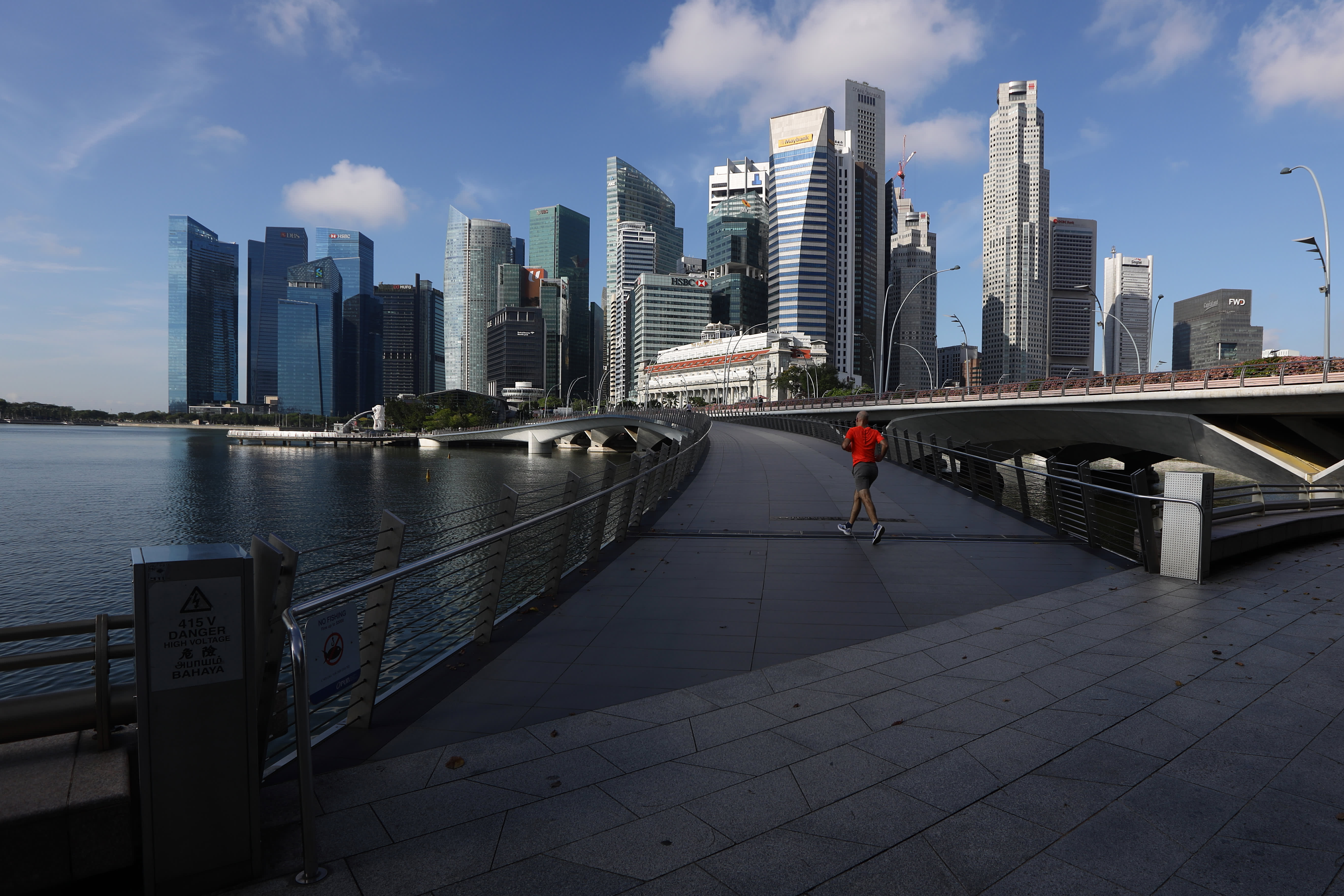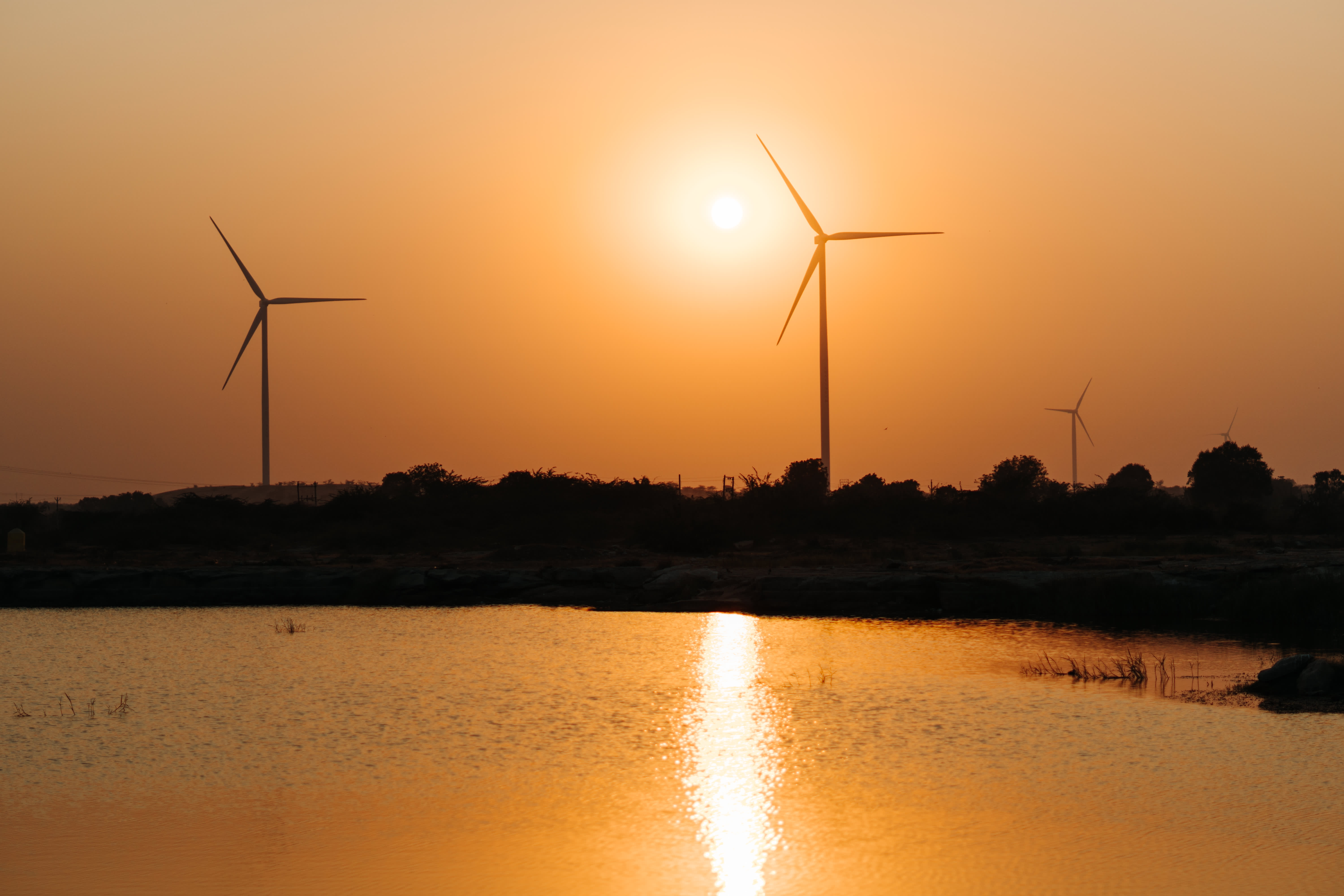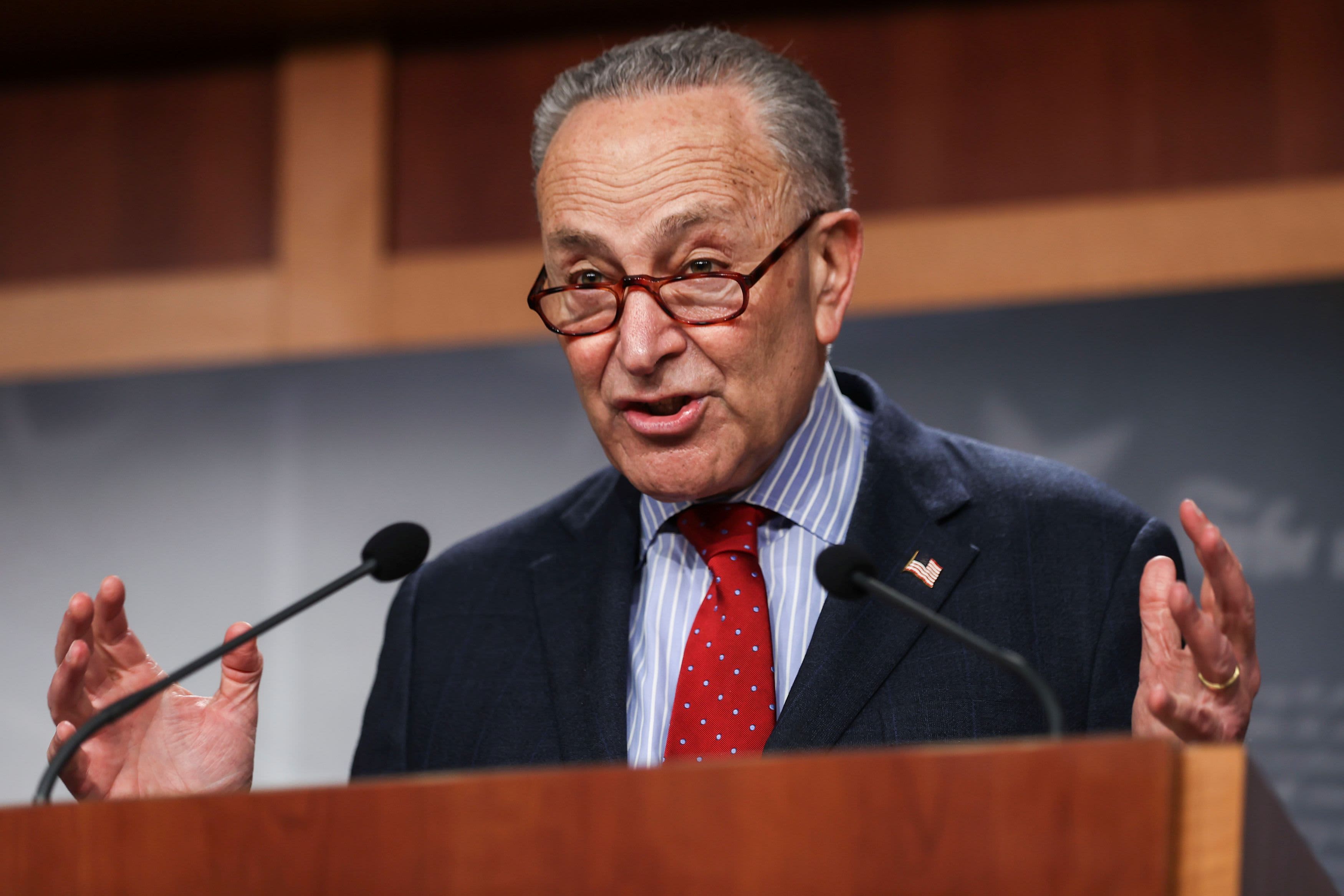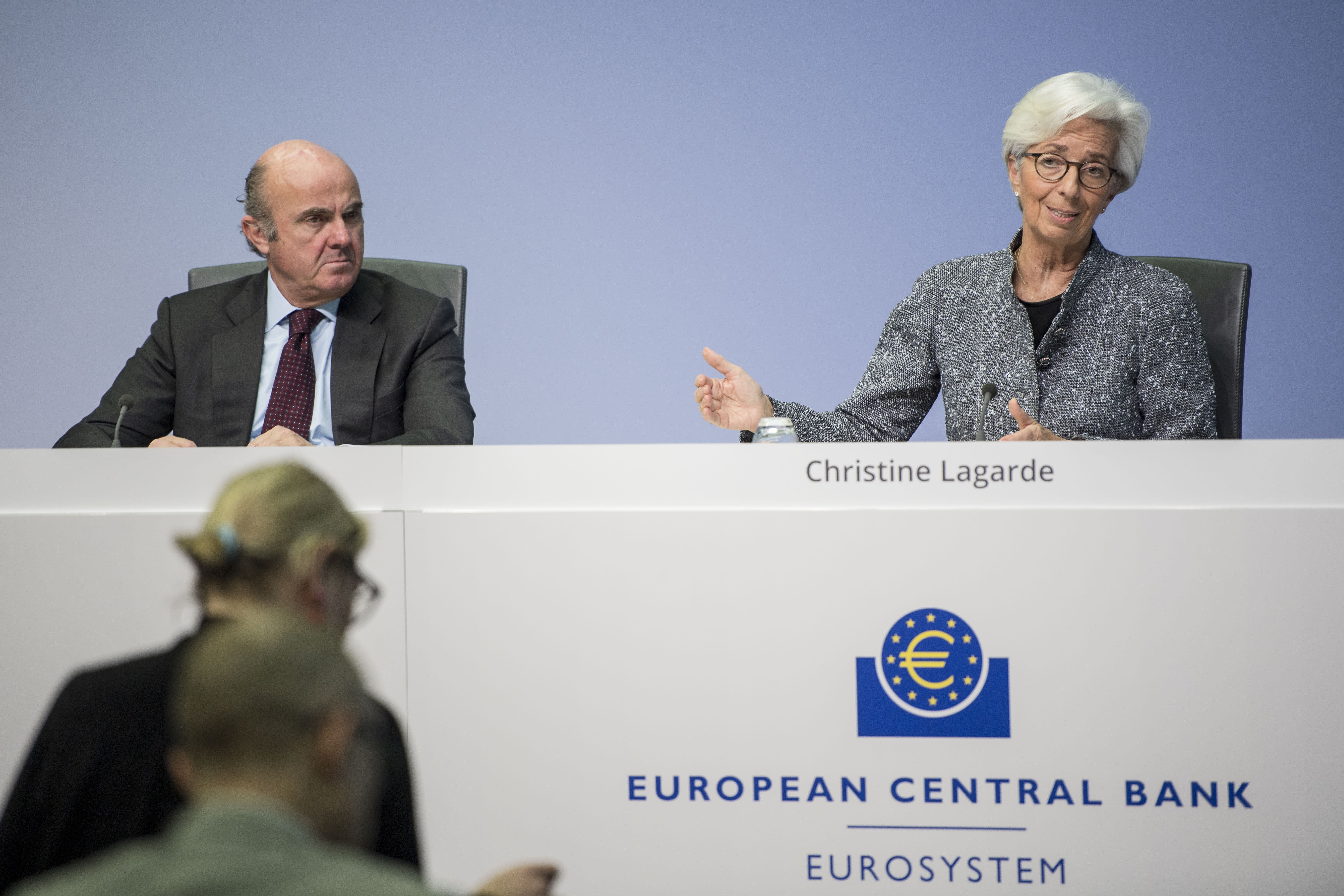China producer prices dip in January for a 16th month; consumer prices see biggest drop since 2009
Tepid prices highlight what China's top leaders labeled as a "tortuous" economic recovery.
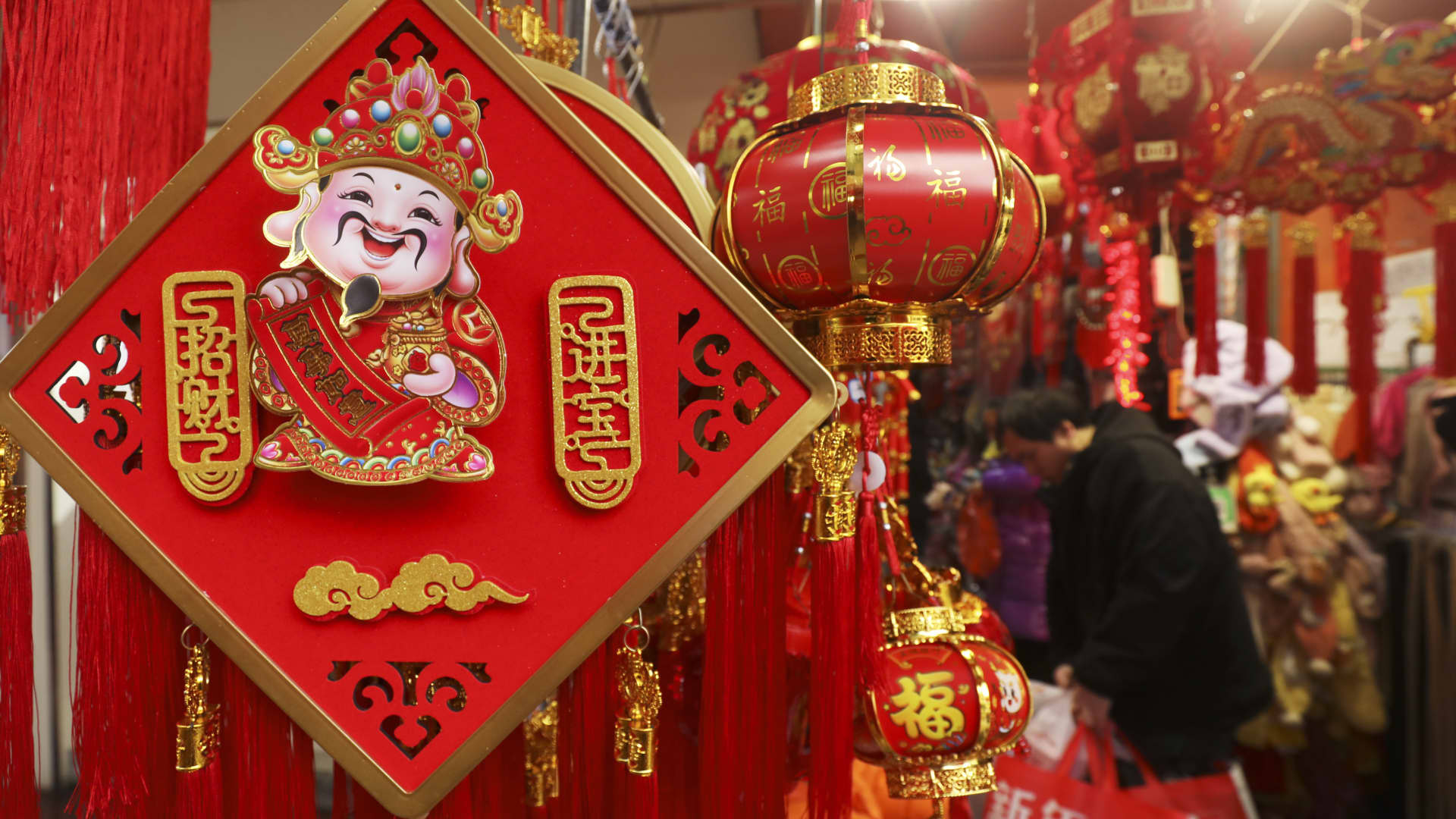
People shop for Spring Festival ornaments at a market in Zixing city, Central China's Hunan province, Feb 4, 2024.
CFOTO | Future Publishing | Getty Images
China's producer prices declined for a 16th month in January, while consumer prices saw their biggest drop since 2009 — underscoring the depth of the challenge that Beijing faces in reflating the world's second-largest economy.
China's producer price index fell 2.5% in January from a year earlier, the National Bureau of Statistics reported Thursday, slightly better than expectations for a 2.6% decline, after a 2.7% drop in December.
The country's consumer price index fell 0.8% in January on an annual basis, more than the median estimate for a 0.5% decline in a Reuters poll. This is its fourth consecutive decline. On a monthly basis though, CPI climbed 0.3% in January from December, slightly weaker than median expectations for 0.4% growth.
"The market is not completely surprised by the deflation numbers, because the deflationary pressures upstream have been lingering for well more than a year now, so the upstream pressures now is being passed on the downstream," Hao Hong, chief economist and partner at GROW Investment Group, told CNBC "Street Signs Asia" on Thursday.
He pointed to the 17.3% decline in pork prices in January from a year ago, which is suffering from substantial oversupply after authorities moved to aggressively restore supply in China's staple meat in the last two years after a battle with swine flu.
Overall, food prices declined 5.9% in January from a year ago.

Core CPI — which strips out energy and food prices — climbed 0.4% in January from a year earlier, the bureau said in a separate statement. On a monthly basis, this translated into a 0.3% growth in January from December, NBS said.
NBS said January's inflation data was influenced by the high base effect of Spring Festival or the Lunar New Year, which fell in January a year ago. The festival falls in February this year.
Thursday's inflation print emphasize lingering fears China is tethering on the verge of deflation. Tepid prices highlight what China's top leaders labeled as a "tortuous" economic recovery after the country emerged from its draconian zero-Covid curbs toward the end of 2022.
China stands as a stark outlier among the world's major economies, which are mostly battling stubbornly high inflation. The latest official and private surveys of manufacturing activity showed that growing market competition has limited the bargaining power of Chinese companies, depressing output prices.
Consumer confidence and broader growth in the Chinese economy have been hard hit by a property market slump after Beijing cracked down on developers' high reliance on debt for growth in 2020.

 Lynk
Lynk 








